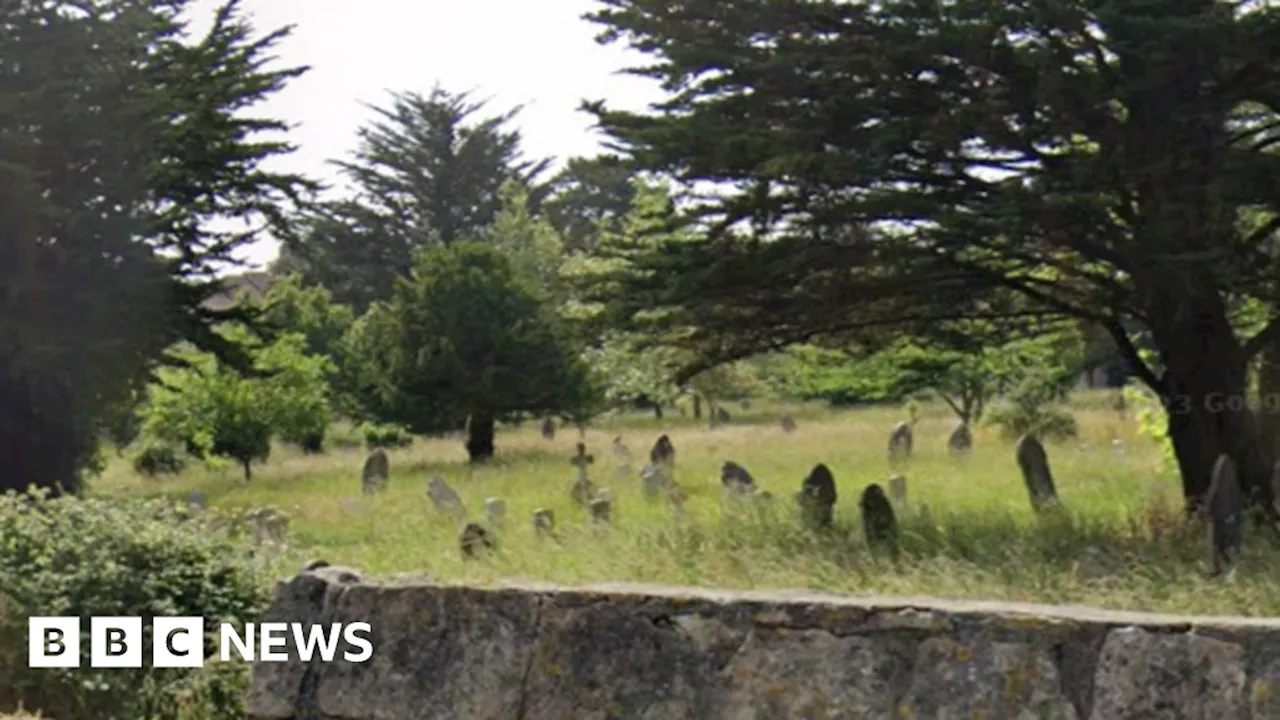Meta's plans for a nuclear-powered AI data center are thwarted by the discovery of rare bees, highlighting the challenges of balancing technological advancement with environmental concerns.
At an all-hands meeting last week, Mark Zuckerberg reportedly told Meta workers that plans to build an AI data center powered by nuclear energy were scrapped after rare bees were discovered on the proposed site. Meta 's proposed AI data center project with an existing nuclear power plant operator fell apart over environmental and regulatory challenges, according to a Financial Times report, citing two people familiar with the meeting.
China appears to be building nuclear reactors at a fast clip, whereas only a handful of reactors have been brought online over the past two decades in the US.
AI Data Center Nuclear Power Environmental Regulations Rare Bees Mark Zuckerberg China US Big Tech Carbon-Free Energy
United Kingdom Latest News, United Kingdom Headlines
Similar News:You can also read news stories similar to this one that we have collected from other news sources.
 Meta’s plan for nuclear-powered AI data centre thwarted by rare beesMark Zuckerberg is continuing to explore energy deals amid a Big Tech arms race over artificial intelligence
Meta’s plan for nuclear-powered AI data centre thwarted by rare beesMark Zuckerberg is continuing to explore energy deals amid a Big Tech arms race over artificial intelligence
Read more »
 Rare Earth Prices Soar as Myanmar's Mining Operations HaltThe seizure of Myanmar's rare earth mines by rebels has disrupted global supply chains, causing a surge in prices and raising concerns about potential shortages.
Rare Earth Prices Soar as Myanmar's Mining Operations HaltThe seizure of Myanmar's rare earth mines by rebels has disrupted global supply chains, causing a surge in prices and raising concerns about potential shortages.
Read more »
 Exeter City 5-3 Barnet: FA Cup - Grecians survive scare to beat Bees in thrillerFollow live text commentary, score updates and match stats from Exeter City v Barnet in the FA Cup
Exeter City 5-3 Barnet: FA Cup - Grecians survive scare to beat Bees in thrillerFollow live text commentary, score updates and match stats from Exeter City v Barnet in the FA Cup
Read more »
 Weymouth: Grieving relatives 'angry' over graveyard grassKeeping graveyard grass longer encourages bees and butterflies to thrive, a council says.
Weymouth: Grieving relatives 'angry' over graveyard grassKeeping graveyard grass longer encourages bees and butterflies to thrive, a council says.
Read more »
 Stressed bees make pessimistic choices, Newcastle Uni study findsNewcastle University research suggests bees reduce their expectations of reward when agitated.
Stressed bees make pessimistic choices, Newcastle Uni study findsNewcastle University research suggests bees reduce their expectations of reward when agitated.
Read more »
 St Bees School book returned after more than 100 yearsThe book bears an inscription with the name Leonard Ewbank, along with the date 25 September 1911.
St Bees School book returned after more than 100 yearsThe book bears an inscription with the name Leonard Ewbank, along with the date 25 September 1911.
Read more »
